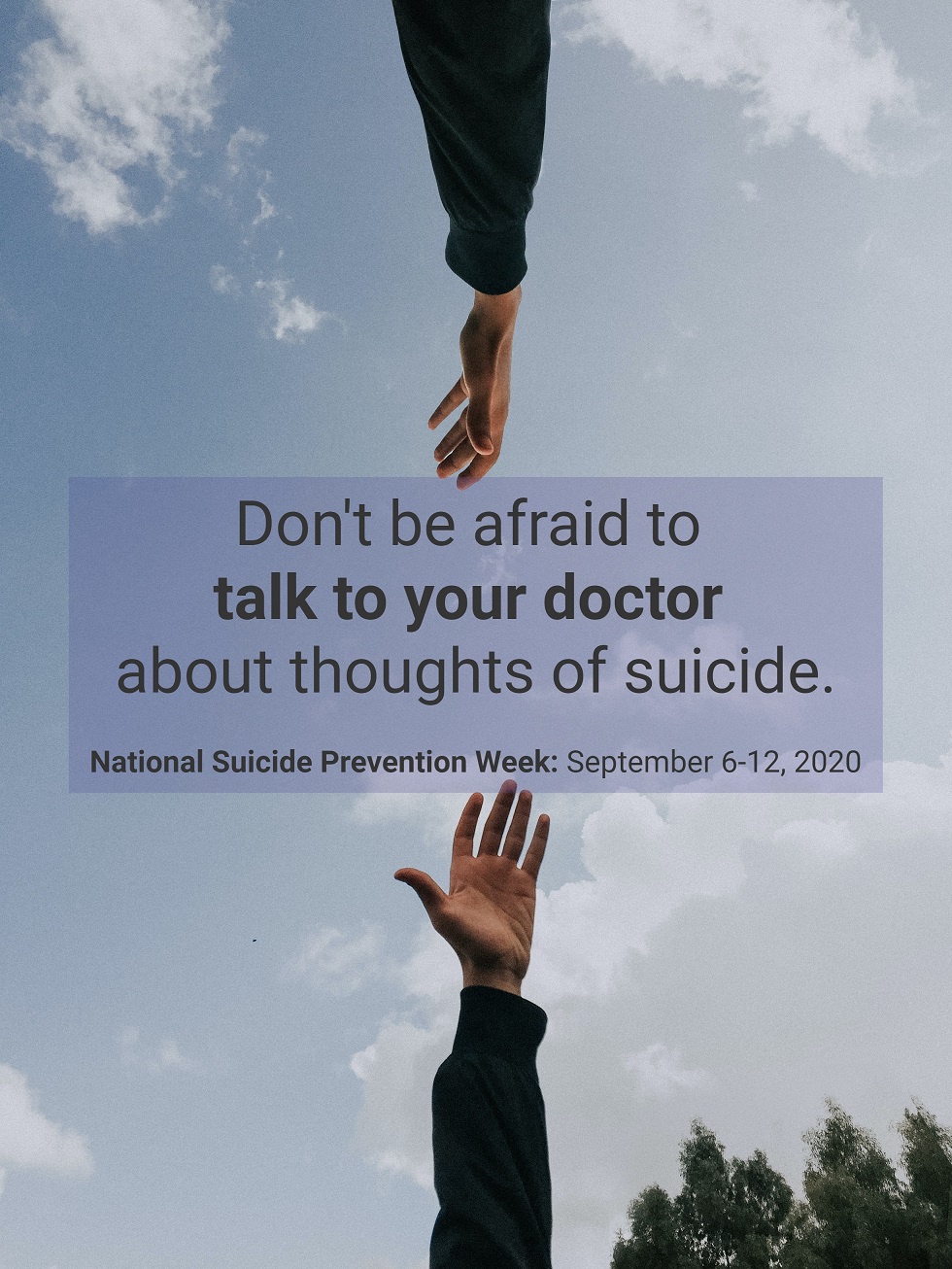Why Does Depression Hurt?
March 12, 2021
Depression causes pain in many different ways. Depression is often associated with painful emotional states like sadness, irritability, and guilt, but it can also cause physical symptoms, like back pain and headaches. In fact, more than two-thirds of patients with depression experience pain.(1) Why does depression affect our bodies, and…









